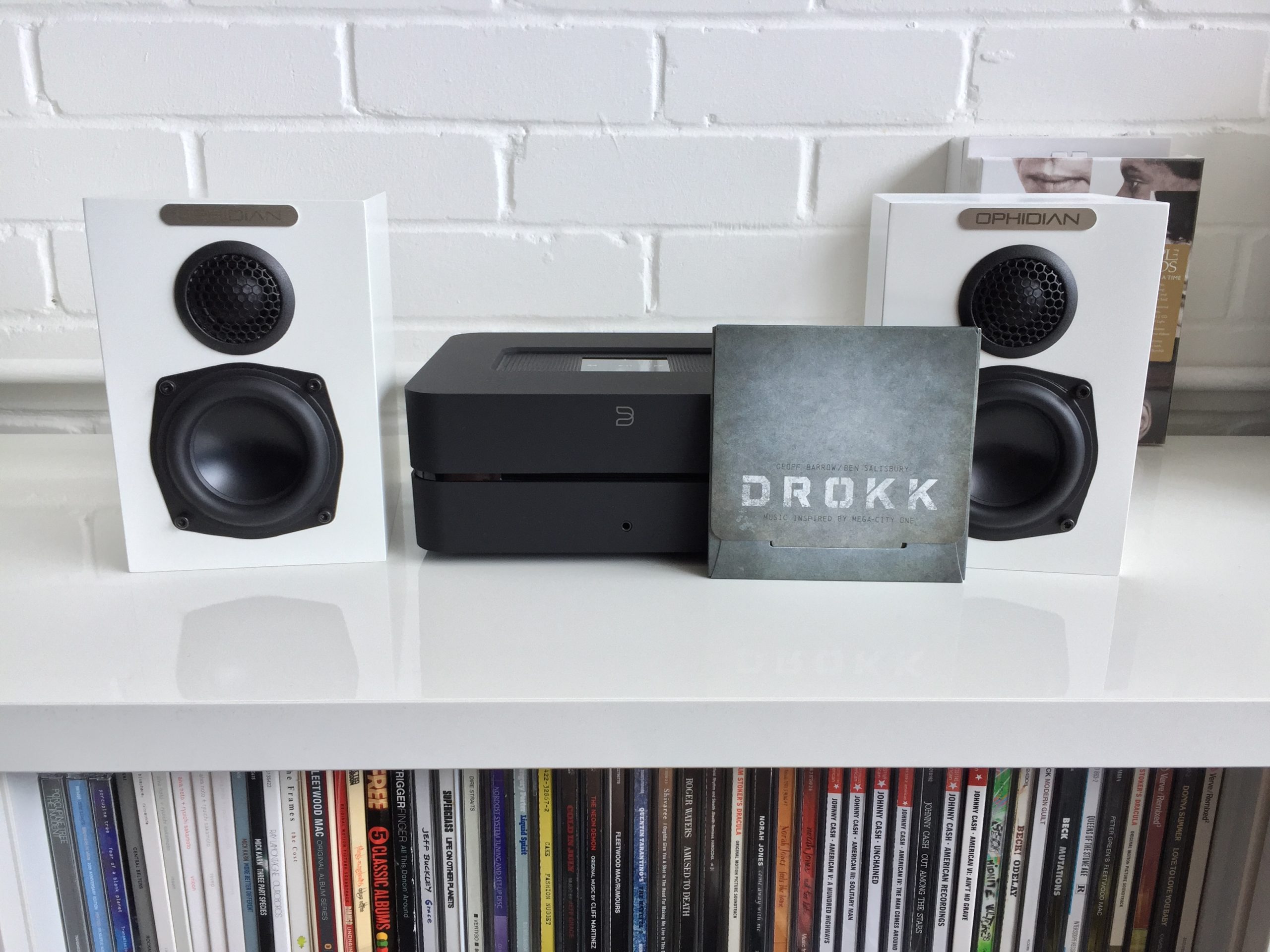Compared to powered and active loudspeakers, passive loudspeakers have no built-in technical limitations. They will not be rendered outdated by any new wireless protocol or firmware upgrade. A decent set of passive loudspeakers may last a lifetime, one of their best features. You will do the same in 30 years if you purchase new passive loudspeakers now.
Here are a few basic steps that anybody can use to keep their loudspeakers looking and sounding great for years to come.
Fight the dust.
Loudspeakers’ number one enemy is most likely dust. And it’s not simply a matter of appearance! Dust gets into the wire connectors, the points where wire and metal meet, disrupting the electric impulses that pass between the source and the loudspeakers. This increases the amount of noise in your system’s sound, which is undesirable. Excess dust might cause damage to the wiring and loudspeakers in rare circumstances.

It’s advisable to install the loudspeakers in a room that doesn’t collect dust if you want to avoid dust. That is easier said than done; therefore, a simple step to take is to clean your loudspeakers (and your entire system) regularly. Dust pads, dry towels, air canisters, and vacuum cleaners are all safe to use on your loudspeakers; however, avoid damaging the cone drivers or tweeters. No liquids should be used on your speakers.
Protect against the heat.
Keep loudspeakers out of direct sunlight and away from windows. Sun exposure will cause the loudspeakers to overheat, especially if the thermal design isn’t correct, and can harm the electromagnetic voice coils necessary for sustaining the electrical flow between the loudspeakers and their source.
Beware of static electricity.
In addition to dust and heat, static electricity is a significant adversary of loudspeakers. A build-up of static electricity might potentially cause your system to burn out. Think about getting anti-static floor mats for your carpets to prevent this. Dry air will act as an insulator, allowing static to build up to deadly levels. You can combat this by purchasing a humidifier for the room your system is in – keep it away from your loudspeakers.
Make sure there’s proper ventilation.
It’s critical to ensure enough circulation around the loudspeakers to keep them calm while they’re playing. Proper airflow extends the life of the loudspeaker and enhances sound quality by reducing distortion caused by vibrations and overheating. Audiophiles will tell you that blowing fans on the loudspeakers while they’re playing loudly keeps them cool as well. Positioning your loudspeakers several inches away from walls and tight places, or placing bookshelf speakers on top of speaker stands, so they’re away from packed bookshelves can help your system sustain optimum airflow.

Protect against power surges.
This is mainly for higher-end speakers and audio systems, but adjusting how your system receives power. Even while passive loudspeakers are not directly linked to electricity, the audio source (receiver, amplifier, or turntable) to which they are attached is, and a sudden surge in power can be extremely harmful to all components in a system. This is why it’s a good idea to invest in an Uninterruptible Power Supply (UPS) and Voltage Regulator, such as the Furman F1500-UPS, to safeguard and monitor their system.
You purchase something but fail to keep it up to date. So, what will happen to all of your expensive gadgets? They will let you down more often than if you take care of them.
Speakers are a crucial component of any music system. High-quality speakers may significantly improve the sound quality of your output. Quality, on the other hand, comes at a cost, and you’ll be sorry you didn’t take better care of your pricey speakers or loudspeakers when they break down. So it is very important to take care of it, let us know in the comments how do you take care of your speakers…


One reply on “Five Ways to Make Your Speakers Last Longer”
[…] Sound off in the comments section below and tell us what you want to read next and if you want to read more about how to protect your data. […]